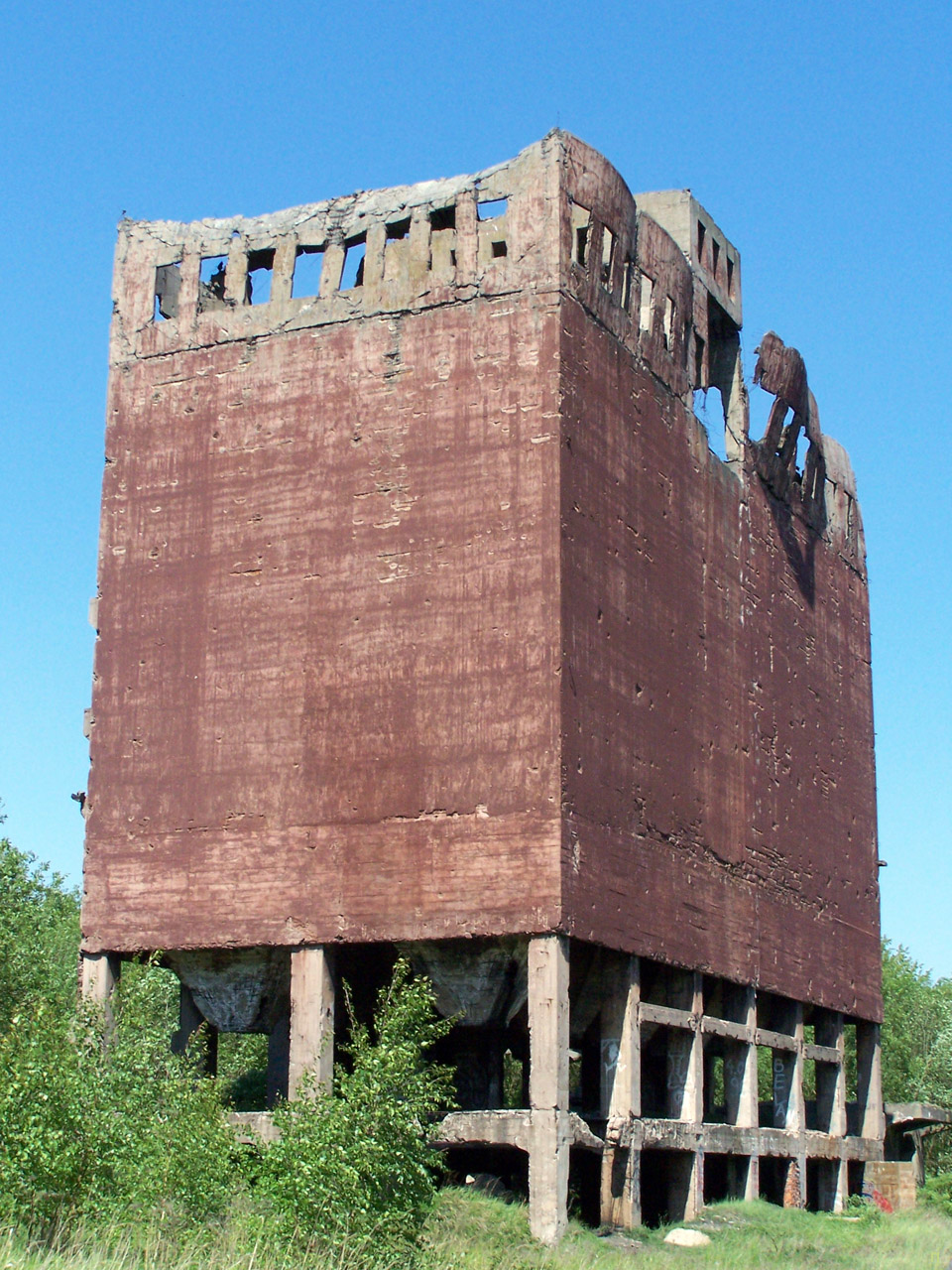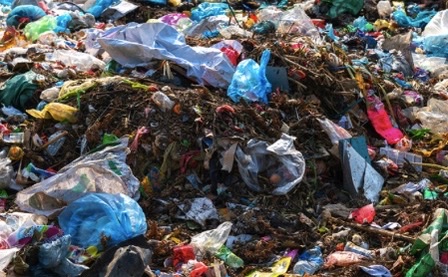
Coal Elevator Politż Poland a relic from WWII Synthetic Fuel Production Remigiusz Józefowicz
Ask AI No.3: Syngas Projects AI-Driven “Executive Strategy”: Shouldn’t we be Accelerating TITAN Deployment Amid Geopolitical Pressures and the threat of war?
TITAN, developed by Syngas Project, stands at the forefront of a strategic energy shift, playing a pivotal role in addressing Poland’s future energy needs and fortifying NATO’s eastern flank amid escalating geopolitical pressures. TITAN, a groundbreaking platform, converts forest and wood waste through Hydrogen Producers Gas + Microbial Fermentation, on one platform to produce Second Generation Ethanol (2G EtOH). The platform’s innovative approach, replacing outdated Fischer-Tropsch technology, aligns with modern environmental standards. The decision to expedite TITAN’s deployment, driven by AI’s counsel, reflects a commitment to meet Poland’s 2030 REpowerEU, Sustainable Aviation Fuel (SAF) requirements and secure energy independence, simultaneously contributing to NATO’s regional security objectives. The pursuit of 40 TITAN units ensures a resilient, decarbonised aviation future for Poland and a strategic response to evolving geopolitical challenges.
The way AI is transforming our business is how we are transforming our industry


